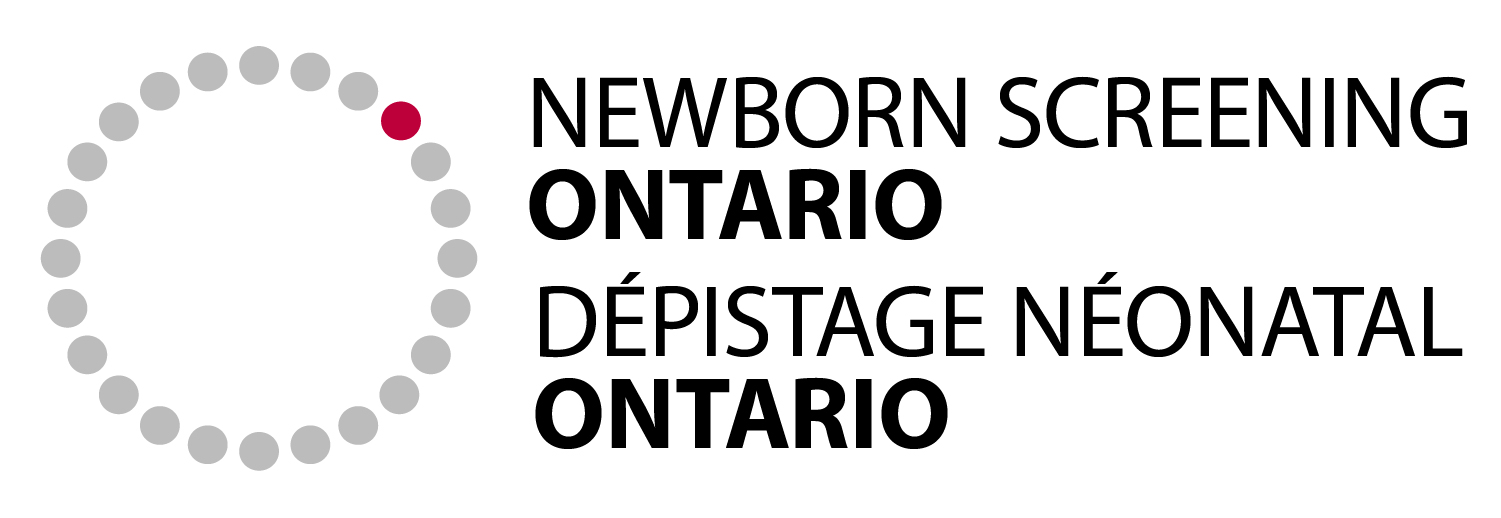No. NSO does not perform urine creatinine in-house and requires a urine creatinine result be included with each urine specimen request. NSO uses the urine creatinine result to normalize urine concentration when reporting urine organic acids, amino acids and glutaric acidemia type I results. The purpose is to control for variations in urine flow rate.
Biochemical Diagnostics FAQ
Does NSO measure creatinine for test requests made on urine specimens?
What are the requirements for a 24-hour urine specimen?
Please send an aliquot of the 24hr urine sample (≥ 5mL, frozen sent on dry ice) and ensure to write the total volume on the requisition.
How do I request a test be performed STAT?
Our routine turnaround times are listed in our test inventory. If you would like to discuss the availability of stat testing, contact NSO at 613-738-3222 ext. 3439. Feel free to contact us for a status update on a report or if clinical circumstances change and issuing a report sooner is needed; we will accommodate to the best of our ability.
Does NSO forward samples to other laboratories?
No. Only specimens for tests performed in the NSO lab will be accepted. NSO is not able to forward specimens that require testing by a third-party laboratory. These specimens should be shipped directly to the testing laboratory. If there are special circumstances (e.g. limited quantity of a precious or irretrievable specimen) requiring you to request additional tests not performed by NSO on a single sample, please contact us and we will do our best to accommodate your request.
Please ship samples to NSO Monday to Thursday. If possible, avoid shipping packages on Friday so that specimens shipped frozen and/or on ice do not get delayed and/or become compromised in transit. The NSO receiving department is open Monday-Friday 7:30 am to 3:30 pm. It is not open on weekends or statutory holidays.
How should my laboratory prepare sample packages for send-out to NSO?
Good laboratory practice guidelines related to specimen packaging should be followed. Specimens may be rejected if not packaged appropriately. Sufficient ice and/or dry ice should be used to ensure consistent and stable temperature during transportation. Different transportation bags should be used based on the transportation temperature requirements (20°C, 4°C, room temp). Samples should also be packed in such a way as to avoid contamination within the package and to prevent damage during transit. Different sample types should be kept separate, for example using hermetic containers within the same transportation bag or in different transportation bags. Dried blood spot samples should always be separated from liquid samples such as whole blood, plasma and urine samples.
Contact Us
Children’s Hospital of Eastern Ontario
415 Smyth Road
Ottawa, Ontario K1H 8M8
Toll-Free: 1-877-627-8330
Local: (613) 738-3222
Fax: (613) 738-0853
